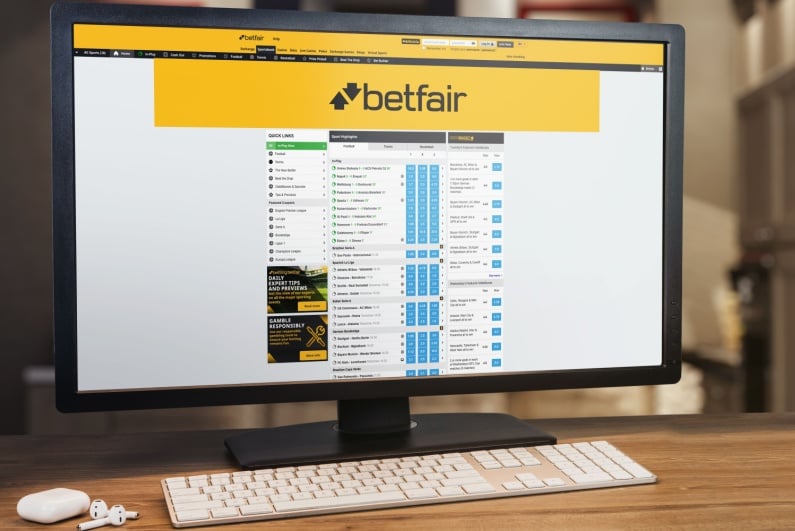A controversial stance
China has issued a ban on tourism in the Philippines in response to the growth of illegal offshore gambling operations, Senate President Juan Miguel Zubiri said Tuesday.
40,000 Chinese workers would be deported
Operators from the Philippines have used loose regulations to bypass standards set in other countries and target China, where gambling is illegal everywhere on the mainland. It was previously announced that 40,000 Chinese workers would be deported as part of the crackdown on illegal gambling.
The reception has not been overwhelmingly positive and has left experts wondering what will happen to families who relied on offshore gambling for work. There is still time to change the decision before it is enacted.
China takes issue with gambling in Philippines
The new decree represents China’s attempt to regain control of its teetering situation in the gaming world. There have already been controversies regarding loan sharking and illegal gambling rings on the mainland, while Macau, China’s source for gambling operations, continues to struggle amid the recovery from COVID.
China used to be responsible for a large chunk of tourism in the Philippines. However, since the inception of the pandemic, those numbers have fallen drastically.
Despite the fleeting figures, Huang Xilian, the Chinese ambassador to the Philippines, reasoned that the ban was to prevent an increase in offshore gambling operations.
don’t know if their nationals who go to the Philippines will be safe from illegal activities”
“Ambassador Huang said that the Philippines now is part of a blacklist of tourist sites because they do not know if a tourist will be joining POGO [Philippines offshore gambling operators] operations and they don’t know if their nationals who go to the Philippines will be safe from illegal activities being done by the triad, by the syndicates operating POGOs,” Zubiri said during a Senate meeting. “They may be kidnapped, mistaken for POGO operators.”
News broke of the imminent deportations in September, with the government concerned that regular Filipinos were becoming more susceptible to POGOs. Meanwhile, the United Nations also warned of a growing gambling-related criminal empire in Southeast Asia.
Creating a response
The Philippines is preparing for a heavy drop in visitors as the ban goes into place.
“Our understanding is POGOs will affect tourism coming from China,” said Senator Sherwin Gatchalian.
There is still uncertainty about the future of gambling in the country. Zubiri requested that a Chinese representative state China’s official position on POGOs amid debates on how to regain control of the situation.
regulation is not the key”
“[Ambassador Huang] said in our experience and the experience of other countries, Mr. Senate President, regulation is not the key,” said Zubiri. “It is not 100 percent effective because the illegal activity will still continue and of course, you’re still aiding, we will still be aiding and abetting an illegal activity in another country.”
Zubiri then posed a series of questions with implications of a much greater magnitude.
“Are we aiding and abetting an illegal activity in another country? Is our country hosting illegal activity in another country? That is a question that we must all ponder and make a decision on,” he said.
China has not given an official response to the Philippines but released a general statement condemning POGOs’ crimes.




